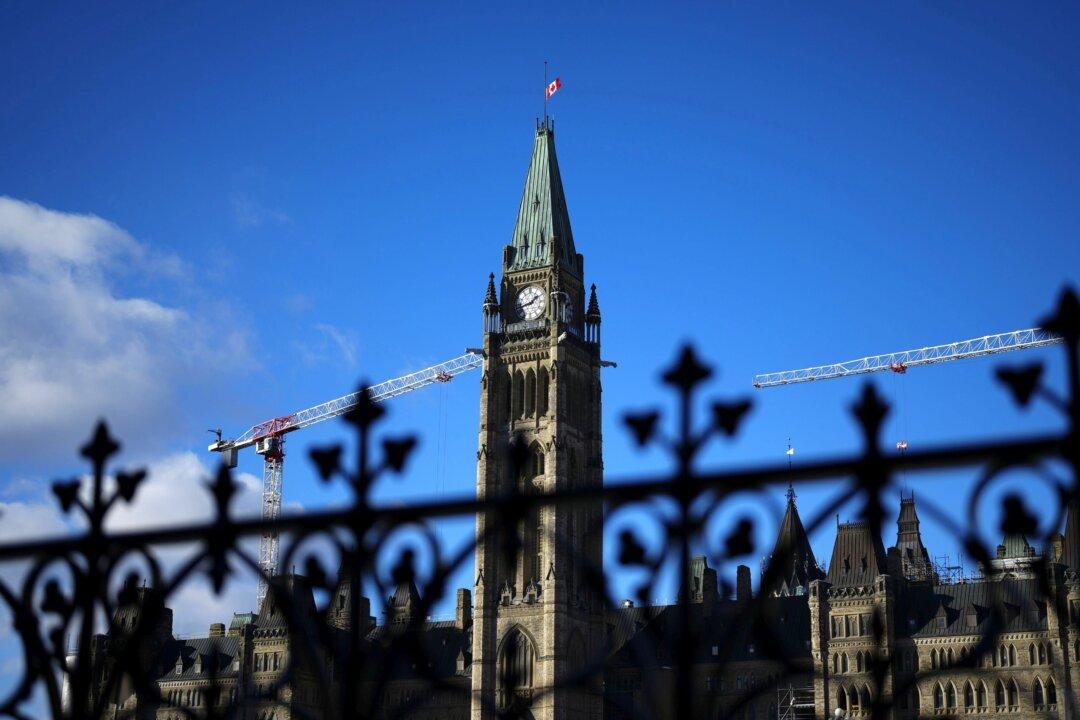Commentary
While polls are indicating a significant majority of Canadians feel it’s time for Prime Minister Justin Trudeau to move on, citizens are discovering it’s quite difficult to remove an unwilling prime minister from office.

While polls are indicating a significant majority of Canadians feel it’s time for Prime Minister Justin Trudeau to move on, citizens are discovering it’s quite difficult to remove an unwilling prime minister from office.